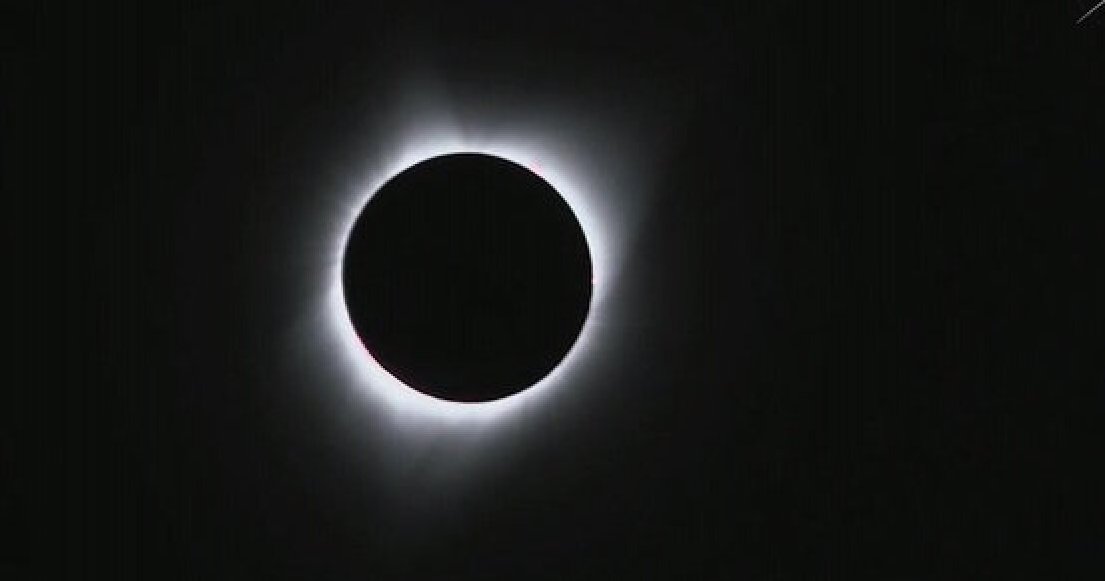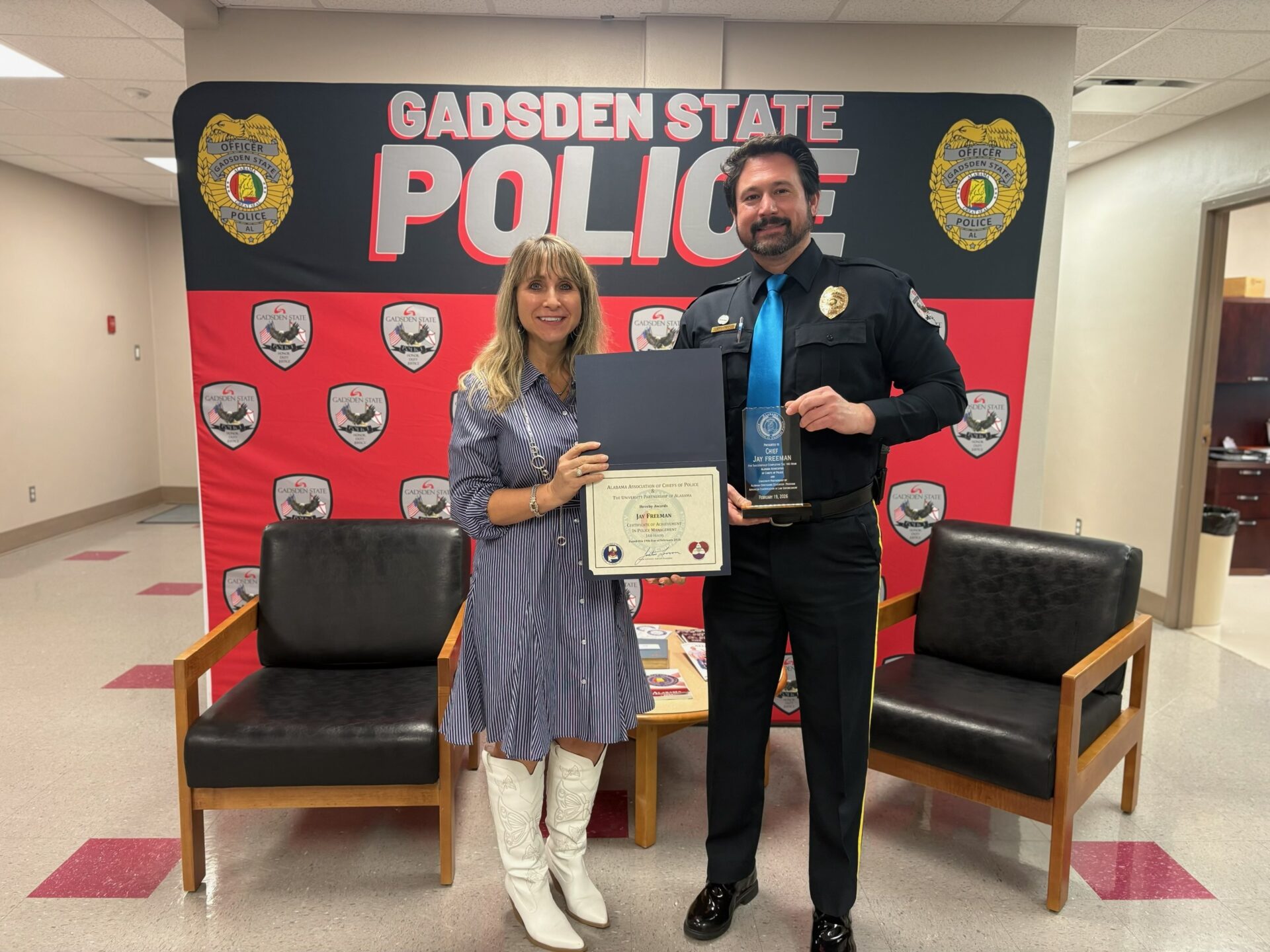According to a brand new study some 30% of Americans don’t know that looking directly into a solar eclipse without proper eye protection could cause permanent distortions or blind spots in their vision. According to a new study, doctors of optometry are offering safe viewing tips for the Total Solar Eclipse that will occur Monday, April 8th, 2024.
Around 84.7% of the sun will be obscured by the moon with the eclipse starting at about 1:45pm and peaking at 3:04pm.
Tips for viewing a total solar eclipse:
- Except during the brief total phase of a total solar eclipse, when the Moon completely blocks the Sun’s bright face, it’s not safe to look directly at the Sun without specialized eye protection for solar viewing.
- Remember, sunglasses, smoked glass, unfiltered telescopes or magnifiers, and polarizing filters are unsafe.
- Keep in mind: eclipse glasses are NOT regular sunglasses – regular sunglasses, no matter how dark, are not safe for viewing the sun.
Cautions
- Use only approved solar eclipse viewers. The only safe way to view a partially eclipsed sun is through special-purpose solar filters, such as ” eclipse glasses” or viewers that meet international standard ISO 12312-2 for safe viewing.
- Inspect your eclipse glasses or handheld viewer before use – if torn, scratched, or otherwise damaged, discard them.
- Only within the path of totality—and once the moon completely blocks the sun—can eclipse viewers safely be removed to view totality.
Signs of Trouble
It can take a few hours to a few days after viewing the solar eclipse to realize any damage that has occurred. If you experience discomfort or vision problems following the eclipse – visit a doctor of optometry for an in-person, comprehensive eye exam.
Some common symptoms include:
- Loss of central vision,
- Distorted vision, and
- Altered color vision.
(AM1180 Radio Summerville, Georgia News and also Georgia Optometric Association)





